Meet the Rasa from Welsh startup, Riversimple
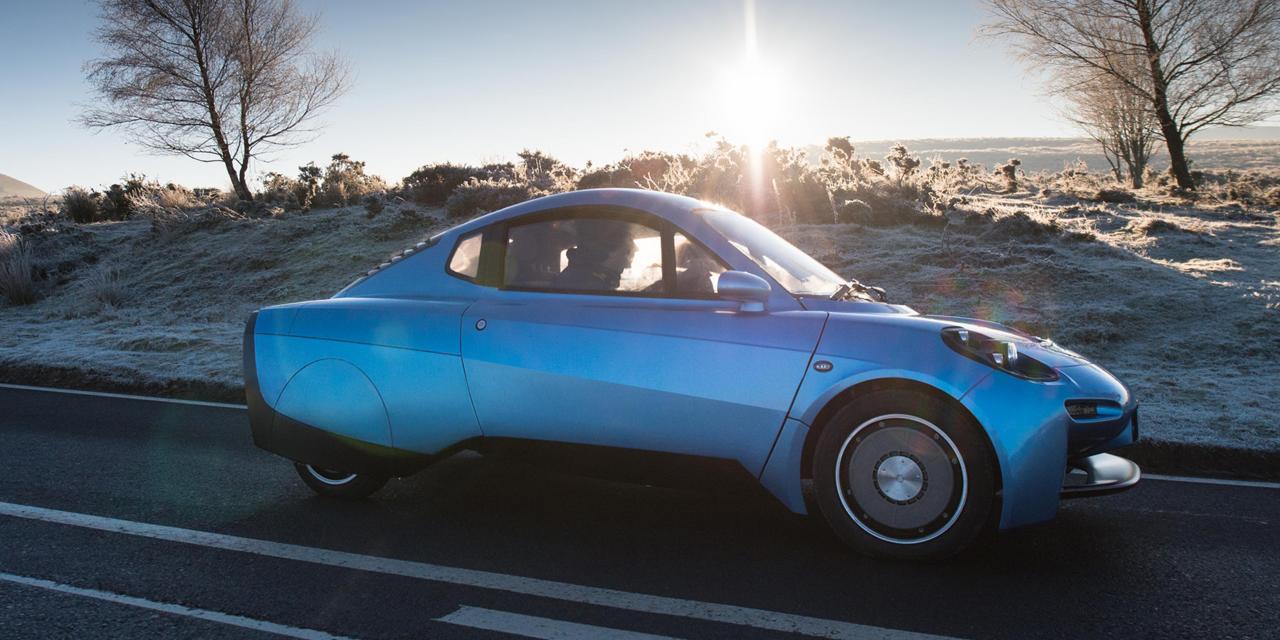
Photo: Riversimple
Back is 2014, a Welsh startup Riversimple, was showcasing their only product, a hydrogen fuel-cell powered “technology demonstrator” that looked suspiciously like a car. At the time, company founder Hugo Spowers declared, “We’re rethinking the provision of mobility from a clean sheet of paper,” and that metaphor has undergirded the company since. So much so that when the Riversimple finally unveiled its production prototype this week, it bore the name Rasa — as in “tabula rasa,” Latin for “blank slate.”
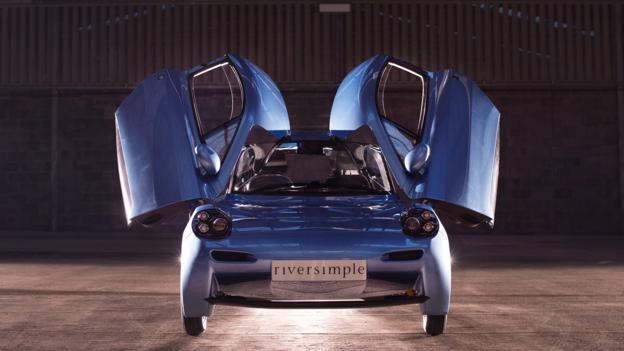
Photo: Riversimple
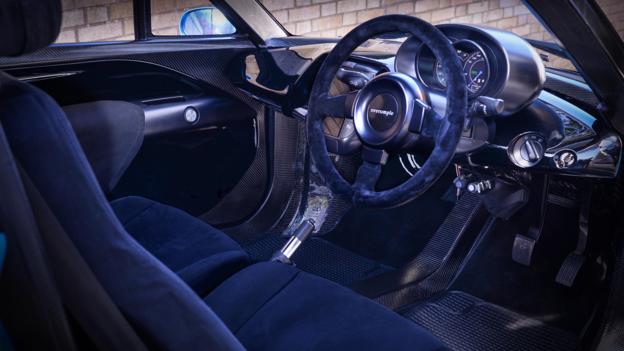
Photo: Riversimple
To understand Riversimple is to start with them on that blank piece of paper. Their business, as they see it, is not car manufacturing, but a mobility system that’s responsive to economic and environmental constraints. In their model, customers will pay a monthly fee for a car and all of the maintenance, insurance, and fuel that it takes to run it. They throw around phrases like “whole system design” and talk about creating value for all their stakeholders, which include customers, investors, the environment, the community, staff and commercial partners.
But if the manifesto is weighty, the Rasa (which is, actually, a car) is anything but. It weighs a scant 580kg, or 1278lbs, and is formed of carbon fiber composites, powered by hydrogen, and meant to be driven on local roads for everyday journeys. It’s a small two-seater with rakish butterfly doors, bulbously aerodynamic in a way that’s equal parts Formula 1 and first-gen Honda Insight.
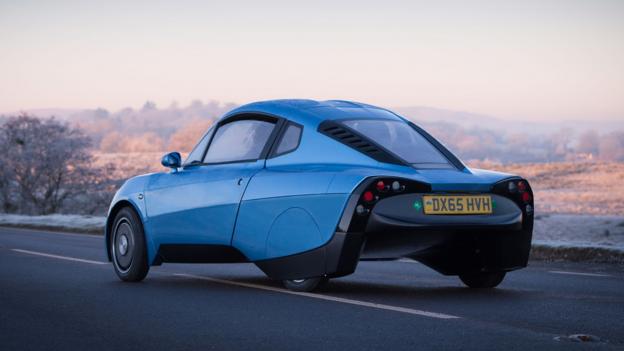
Photo: Riversimple
Prototype Rasa Model
Its fuel-cell powertrain is described as a “Network Electric” system. Four in-hub motors use recovery braking to charge supercapacitors (which charge faster than traditional batteries) that then release electricity back to the motors for acceleration. That means that the hydrogen fuel cells which power the system don’t need accelerative juice, merely power to keep the Rasa moving through traffic. That moving can happen at speeds as high as 60mph, and its 1.5kg tank of compressed hydrogen can carry it 300 miles between refills at an equivalent 250mpg.
For now, of course, refills are the rub. Even two years ago, hydrogen-powered vehicles seemed like one part of a bigger transportation future, but the lack of infrastructure (in combination with some Musk nay saying and the fact that hydrogen manufacture is energy- and often carbon-intensive) have dropped it to fringe status.
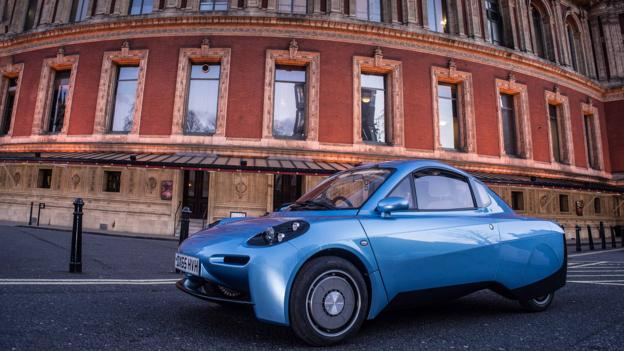
Photo: Riversimple
Riversimple's Rasa ModelThere are presently only four hydrogen filling stations accessible to the public in their home base in the UK. However, Riversimple sees the sparse availability of fuel as a temporary problem, likening filling stations to cell phone towers — once scarce, but ubiquitous now that the demand is there. Of course, poor cell phone reception isn’t going to strand you on the bridge to Llanfairpwllgwyngyll. But the company’s local approach — building cars in the low thousands at several local factories, then leasing the cars and setting up fueling stations nearby — may let them create healthy dots of hydrogen-powered communities that eventually become an eco-friendly tapestry that covers an entire country. Even if that country is no larger than Wales, that seems like a fine goal.
Coutesy: bbc
No comments:
Post a Comment